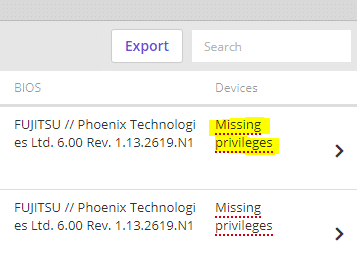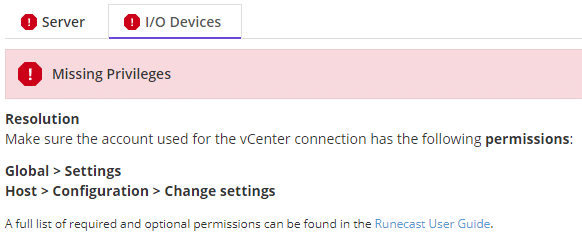Virtual Distributed Switches have many advantages over standard switches. Because you have a centralized configuration over all hosts they’re less error prone to configuration errors than standard switches. Call me old fashioned but I prefer to have at least the hosts management interface on a standard switch. In case something bad happens, you can still access the host and make changes on the interface.
Recently a customers host had failed. After restoring configuration, for some reason vmnics were swapped between vdSwitches and it wasn’t possible to configure that host neither with hostclient nor with vCenter. The customer was short on vmnics in the past and has configured Management Network on a distributed Portgroup on a distributed vSwitch. This is legal and usually not a problem. In that special case it was a problem. I was literally locked out of the host. Reassigning NICs in the DCUI didn’t work, because they were all claimed by Distributed-vSwitches thus not available for standard switches.
What now ?
There’s help, but you need to access the CLI of DCUI.
Login to DCUI console, select “Troubleshooting Options” in the main menu.
Continue reading “vSwitch rescue from the CLI”



